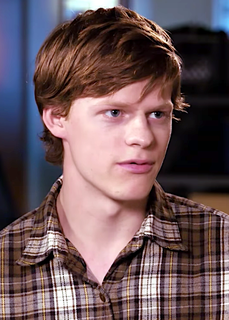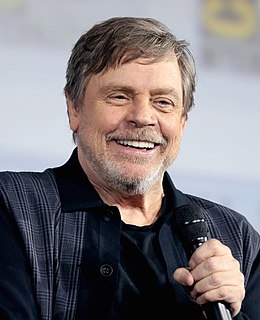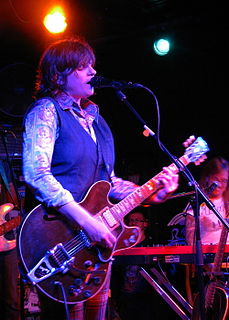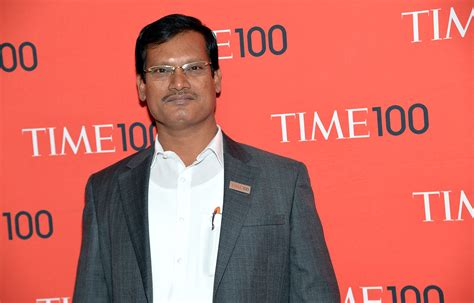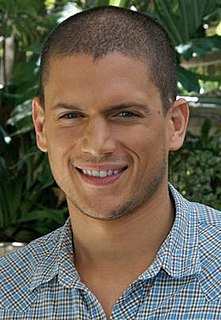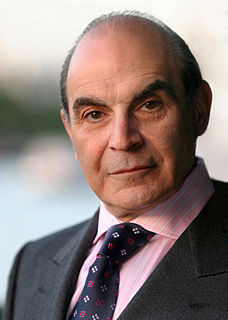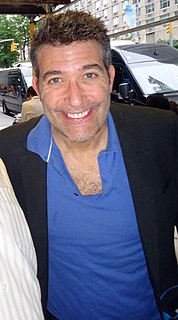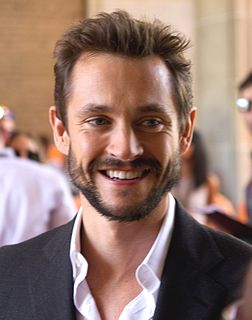A Quote by Lucas Hedges
Ultimately, I think what I want from my career is to be able to create work for myself, and there's only so much you can do as an actor in a movie.
Related Quotes
I don't think I've necessarily been able to pick and choose in my career; I don't know how many people do. But I'll tell you what I've been able to do: I've been able to say no. It is the only thing you can hold on to sometimes, is that ability to say 'no.' And I think that in that way, you can create some kind of career.
The director is the most important because, ultimately, as an actor, when you watch a movie, it looks like an actor is giving a performance, and they kind of are. But, what's actually happening is that an actor has given a bunch of ingredients over to a director, who then constructs a performance. That's movie-making.
